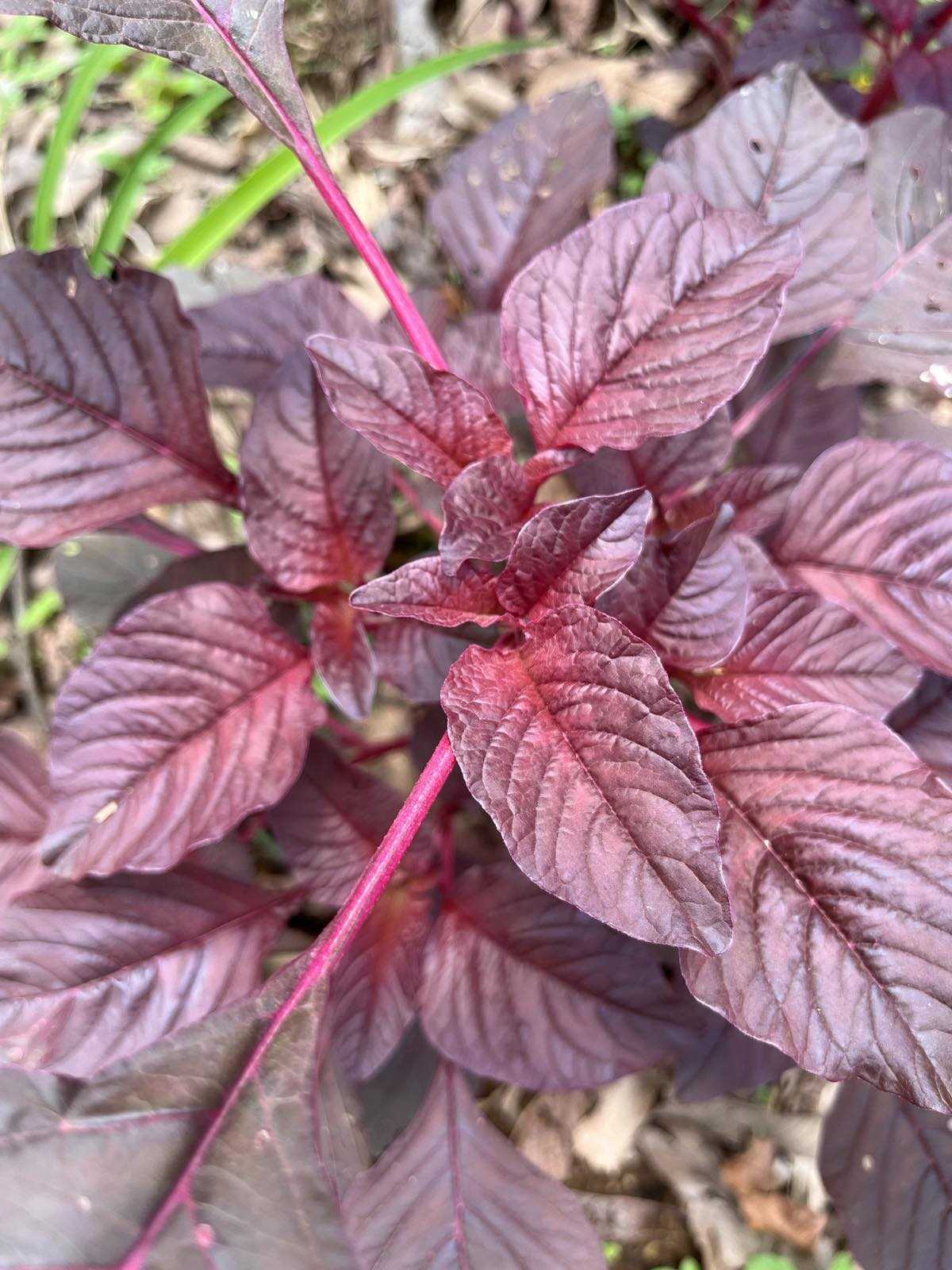Food | sustainable farming | nutrition

Recently I came face to face with something quite horrific.
It was called Multigrain Cheese Balls. It promised a new level of snacking with five healthy grains, ‘not fried’. It did not live up to the promise.
It tasted exactly like Cheese Balls, which is equally horrific, but doesn’t pretend to be something it's not - ‘a healthy snack’. It was not the end of the world, but it felt like it.
This is not a sermon from the high horse of a whole foods/plant-based/free-range diet. Yes, that is how food should be - wholesome and from the earth. But where can you find such a thing?
It is not an easy task to find food that is whole and unadulterated or not processed to pulp. The food that we eat today doesn’t resemble food, it has taken such a different identity that it is difficult to completely extricate oneself from convenience and addiction.
Food is now an industrial product - pulverised, engineered, packaged, and delivered.
But we belong to a generation that grew up eating real food. Our food came from our kitchen garden, our village, or the local farmer.
Basking in the winter sun, we ate oranges from our grandfather’s orchard which was as big as our faces. Summer brought mangoes that did not taste like medicine. Seasonal vegetables and grains were not poisoned from seed to harvest. The meat was eaten occasionally but respectfully, and it was not loaded up on antibiotics or steroids. Food did not require spraying, disinfecting or genetic modification.
Gradually, processed and imported food made an appearance in our kitchens and communities. We snacked on instant noodles and fell prey to instant gratification. Sugar, salt, and starch — fried, baked, frozen, jellied, candied, lollipopped — in a packet or a stick, or a cup. We had no way of knowing what came from where, and we didn’t care.
Our kitchen gardens turned into grassy lawns or paved patios. We forgot that food should be grown seasonally and eaten fresh, not bought off the supermarket aisle or shipped from Uganda (here’s looking at you, unseasonal avocado!).
Along with this new version of food and style of eating came newer ailments. Obesity, diabetes, heart disease, and cancer - these are multifactorial conditions that are largely impacted by diet. Did we then start looking into what and how we were eating? No.
Novel medicines and therapies were explored while turning a blind eye to the quality of something that impacts our health every day — the food we eat.
We forgot what our ancestors grew year after year, what our grandmothers and mothers cooked for us when we were ill, and what our grandfathers and fathers ate every day. We forgot what we eat doesn’t only impact us, it impacts everything else that inhabits the planet and the planet itself.
Food is basic, necessary, seasonal, and abundant. It need not be complicated, processed, medicated, or excessive. It is only up to us to ensure that it is local, natural, nutritious, and enough. We should be accountable for what we put into our bodies and out into the earth.
If we are able to question policies and politics, advocate for the economy and environment, and protest for human rights and justice; how can we ignore the very fabric of life?
We must question what food means, and what it really should mean for a better future.
--------------------------------------------------------------------------------------------
Find here: The Farm at Okhle and Sanu Ko Pustakalaya
Read More Stories
Kathmandu’s decay: From glorious past to ominous future
Kathmandu: The legend and the legacy Legend about Kathmandus evolution holds that the...
Kathmandu - A crumbling valley!
Valleys and cities should be young, vibrant, inspiring and full of hopes with...
Today’s weather: Monsoon deepens across Nepal, bringing rain, risk, and rising rivers
Monsoon winds have taken hold across Nepal, with cloudy skies and bouts of...